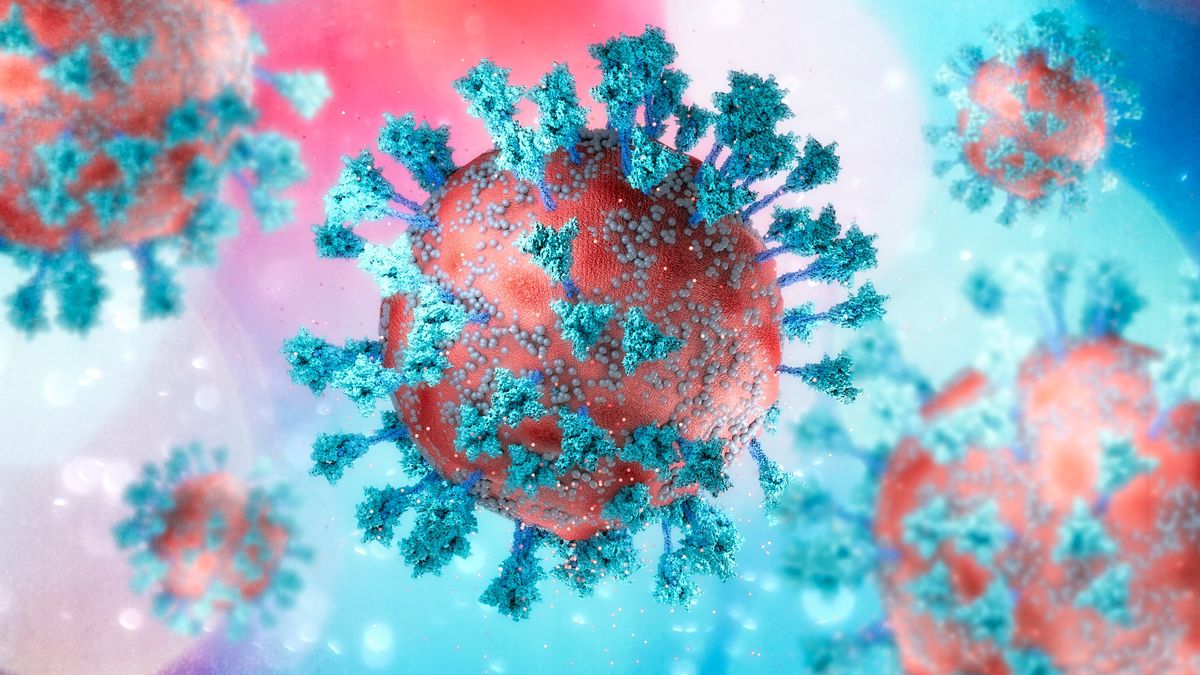Delta-omicron hybrid variant identified for the first time
Cases have been reported in both Europe and the U.S.

Scientists have confirmed the existence of a new COVID-19 variant that combines mutations from both omicron and delta variants for the first time, and there are reported cases in both Europe and the U.S.
The new hybrid variant, unofficially dubbed "deltacron", was confirmed through genome sequencing performed by scientists at IHU Méditerranée Infection in Marseille, France, and has been detected in several regions of France, according to a paper posted to the preprint database medRxiv on Tuesday (March 8). Cases have also been found in Denmark and The Netherlands, according to the international database GISAID. Separately, two cases have been identified in the U.S. by the California-based genetics research company Helix, according to Reuters. In addition, about 30 cases have been identified in the U.K., according to The Guardian.
The hybrid variant arose through a process called recombination — when two variants of a virus infect a patient simultaneously, exchanging genetic material to create a new offspring. Scientists say that the "backbone" of the deltacron variant comes from the delta variant, while its spike protein — which enables the virus to enter host cells — derives from omicron, according to the medRxiv paper.
Related: 20 of the worst epidemics and pandemics in history
"We have known that recombinant events can occur, in humans or animals, with multiple circulating variants of #SARSCoV2," Dr. Soumya Swaminathan, the chief scientist at the World Health Organization (WHO) wrote in a tweet on Tuesday (March 8). Swaminathan highlighted the "need to wait for experiments to determine the properties of this virus."
The new variant is believed to have been circulating since January, according to GISAID.
Maria Von Kerkhove, the COVID-19 technical lead for the WHO, said in a press conference that so far scientists have not seen any change in the new variant's severity compared to past variants, but that many scientific studies are underway.
Sign up for the Live Science daily newsletter now
Get the world’s most fascinating discoveries delivered straight to your inbox.
"Unfortunately, we do expect to see recombinants because this is what viruses do. They change over time," Von Kerkhove added. "We're seeing a very intense level of circulation [of SARS-Cov-2]," she said. "We're seeing this virus infect animals with the possibility of infecting humans again."
Originally published on Live Science.

Ben Turner is a U.K. based staff writer at Live Science. He covers physics and astronomy, among other topics like tech and climate change. He graduated from University College London with a degree in particle physics before training as a journalist. When he's not writing, Ben enjoys reading literature, playing the guitar and embarrassing himself with chess.
Most Popular

